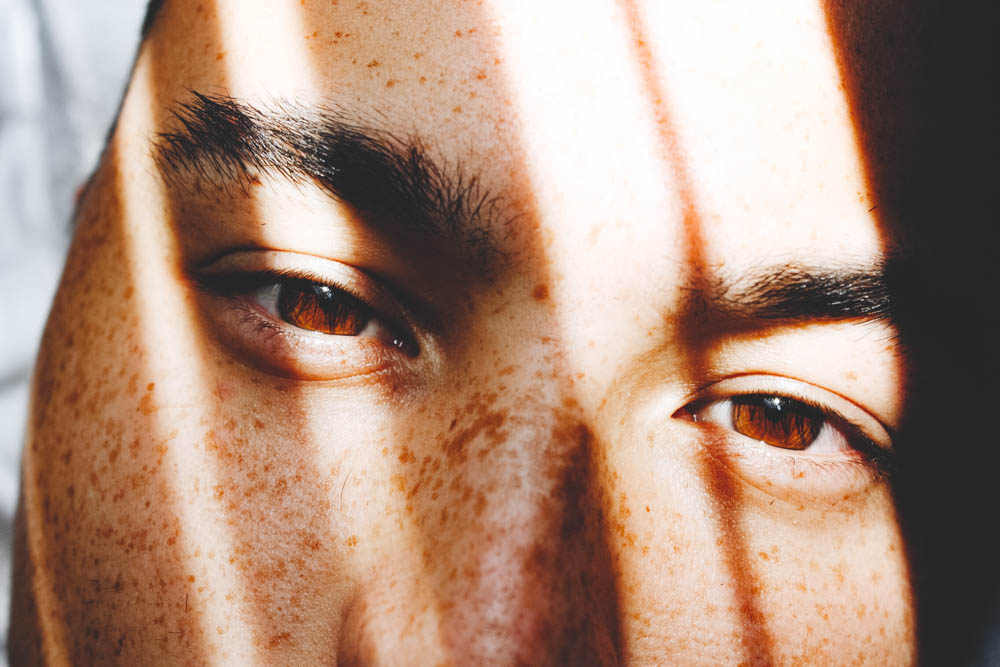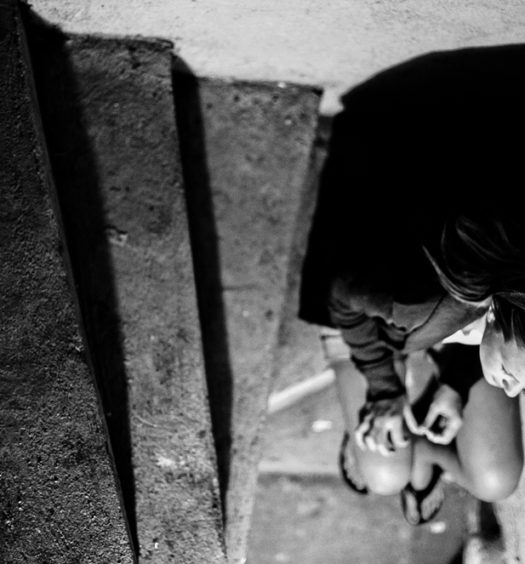As the Coronavirus Pandemic Raged, Life Changed. For Some, it was a Metamorphosis

Photo by Krissana Renae Porto
In 2021, we ventured into this new decade that I like to call the caring twenties. Hopefully, this decade should allow us to marry the compassion of the mind and the wisdom of the heart. We are going to need the understanding of the mind to solve our collective problems.
We must, in a way, become “care workers” to the world that’s dying while giving birth to the burgeoning new planet and make space for contemporary civil society and principles. In this decade, we should realize that we are all called to find our true purpose and discover what we are here to do.
The year 2020, leading up to 2021, has been a disruptive year for us all. As the coronavirus pandemic raged, life changed. But, for some, more than others.
As the year 2021 started, I entered a form of disruption myself. However, you don’t need a crisis when you are focused on your calling. A better word for me would be metamorphosis. In early 2021, I was faced with a new season, and this article is a great way to acknowledge the path leading up to this moment. It is also a way to recognize this journey and anyone else who may come to mind in the process.
January 2021, almost a year into Covid, marked nearly three years into my role as Chief Representative France for the City of London. Before that, years of service in economic diplomacy for the French administration: 17 years of economic diplomacy in total.
As a student, I have had the immense privilege to study international and public affairs. As the descendant of Indigenous people myself, I naturally felt inclined to focus my work on Indigenous culture with first a major in Latin-American Indigenous studies, then in Alberta researching alongside first nations. During my time studying and researching, I have gained invaluable knowledge and perspective on the principles of circularity, environmental intelligence, and ancestral wisdom. I would later understand that this time spent contemplating these indigenous principles would become instrumental to my work later in life.
While studying, I also had to understand the principles of international relations and economic diplomacy: I have read somewhere that the ideal qualities for a successful diplomat are to possess an abiding passion for the art of diplomatic and international relations, to demonstrate an analytical temperament, to write well and quickly, to be eloquent and to be a concise and effective negotiator.
Being a professional diplomat involves hard work, understanding complex matters, and formulating strategies to anticipate unexpected problems. Today, economic diplomacy has become even more complex. It covers negotiating and representing the interests of one’s government at home and protecting industries that are in the process of disruption. In addition, the development of technology requires diplomacy that stays abreast of all evolutions and can anticipate and address new emerging issues.
Throughout my years of service, I tried to perform my duties in a constantly changing environment. Before Covid, I lived through SARS in Toronto. I moved to New York in 2007 during the Obama campaign, a time that was truly exhilarating and filled with hope for change. I also worked in an office facing the Lehman Brother’s Headquarters with front row seats to another historical moment of disruption and, sadly, despair. When I arrived in New York, I also got involved with a charity based in Haiti. A few years later, relief trips to Haiti after the 2010 earthquake also had me used many skills I use on a day to day to basis. These diplomatic skills have served on many occasions outside of the professional scope. The purpose of this article is not to go through every stage of my career in detail, it is not a resume, but metamorphosis is a tricky process, one that requires reflection.
Closing the chapter of a 17-year career in economic diplomacy is somewhat also an excellent opportunity to reflect on how fast our world has changed. I am the fruit of three continents, European by birth, North American by education, nationality, and profession, and African by origin and ancestry. It seems fitting and written somewhere, perhaps in the book of life, that foreign policies, regulations, and commerce would fascinate me and occupy such a portion of my career. I have been privileged to observe and learn from so many different and varied leadership approaches. When global leadership is being questioned for handling the pandemic, I can assure you that state leadership and international relations are probably the most challenging juggling act. Sometimes different approaches are required in handling the same issues.
With all its challenges, economic diplomacy and diplomacy are critical aspects of our civil societies. Bilateral, regional, and multilateral relationships can be consistent, cohesive, and the most significant source of relief when things become difficult at home or abroad. Ultimately the purpose of the diplomat is to serve and assist in making a difference for the country and the people they represent and to the country and the people they have been appointed to.
My studies and humanitarian work, along with these varied experiences of diplomatic ups and downs at the domestic, regional, and global levels, have shaped not only my perspectives but also my understanding and contributions to various issues, ranging from environmental protection, sustainable development, regenerative solutions, and climate change. These issues have been shaping our world and the realm of diplomacy over the past two decades.
During my last assignment representing London in France, while yet another historical moment was unfolding, Brexit. My interest in cohesive bilateral relations continuously grew from strength to strength. I was representing a foreign city in France. I also realized that it was, and it will be, our shared values that will help make it easier for both the UK and the rest of Europe to navigate this unchartered terrain.
Entering a new year, it was time for me to accept the invitation I was handed. The invitation was to answer the call finally. I firmly believe that my education is what allowed me to perform my duties optimally. During the years of observing indigenous people, I have learned that understanding their naturally acute intelligence and reverence for nature has been the greatest asset to my years of service. Service requires hard work, perseverance, persistence, and discipline. It is precisely what I needed to give to my mission. WHo CAREs!? Chronicles were born with the desire to serve, to merge positive impact with economics.
At first, I was merely heard nor understood. As the years went on and as crises kept piling up, my voice became more curated, less frustrated. In a room full of business deals, I looked for the impact relentlessly, tirelessly, passionately. I wanted to emulate the voices of Aboriginal leaders, aboriginal officials, elders, and other members of aboriginal communities.
I also started to notice that others were imitating these same voices I had quietly listened to in the late 1990s during the cold Albertan winters. This would lead me to wear two hats for many years, formulating a platform, then structuring it even further to finally launch and pursue partnerships or cohesions with anyone speaking with that same voice.
The voice within me resonated strongly with these ancestral voices. It was great to hear them echoing more and more and sometimes in the most unexpected places. Who knew in 2007 that banks would speak of impact or alternate bottom lines? We certainly have come a long way. In January 2021, the voice, the path, and the circumstances finally met. I have been invited to no more extended wear two hats; I have had the proof since the start that innovative, caring economic development projects can positively impact international economies.
As I enter this new territory, independently, unattached to a particular country, city, or region, I realize that this invitation is a gift. The gift of offering to continue serving with the same skills more broadly, merge all the knowledge, expertise synergistically, and (might I humbly add) the wisdom I have acquired over the years. From a keen student of indigenous studies to a senior trade in the energy and environment sector, through the US corporate and finance world, European regulations, regional development, and Brexit, what has been the constant of it all was the desire to serve and the satisfaction to always seek the positive impact.
One of my favorite Cree proverbs sounds like an invitation:
“Realize that we as human beings have been put on this earth for only a short time and that we must use this time to gain wisdom, knowledge, respect, and understanding for all human beings since we are all relatives.”
The most authentic challenge of diplomacy is first understanding then proving through sound policies that we are all relatives. Our economies are intertwined and the butterfly effect is not a mere metaphor. This pandemic has undoubtedly demonstrated this tenfold. I am thankful for the years I was given in diplomacy to understand this; I am ready to prove this theory and principles further while serving internationally with WHo CAREs Chronicles.



